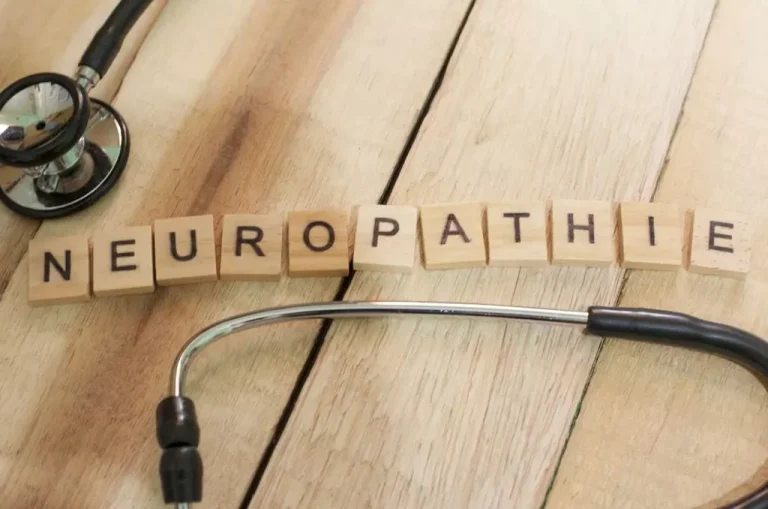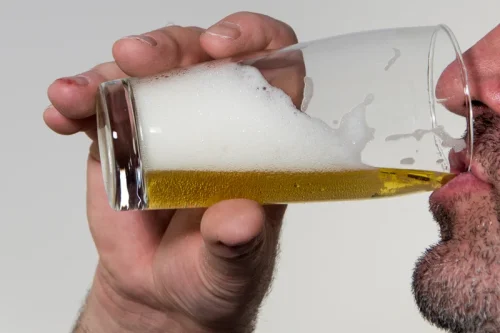
Ultimately, sobriety is the responsibility of the person who has the alcohol addiction. It’s important to not enable destructive behaviors and to maintain appropriate boundaries if the person with the alcohol addiction is still drinking. This can mean cutting off financial assistance or making it difficult for them to fulfill the addiction.

Alcohol Withdrawal Stages and Severity
- Some people experience a severe form of alcohol withdrawal known as DTs.
- Many others substantially reduce their drinking and report fewer alcohol-related problems.
- To maintain homeostasis in the CNS, inhibitory signals from the GABAergic system are balanced by excitatory neurotransmitters such as glutamate.
Some people may relapse, or drink alcohol again, to relieve the symptoms. It’s difficult to predict who will and who won’t experience alcohol withdrawal — and how severe it will be. Go to the nearest emergency room or call 911 (or your local emergency service number) if you or a loved one has any concerning symptoms of alcohol withdrawal. Alcohol withdrawal can range from very mild symptoms to a severe form, known as delirium tremens. If your doctor thinks you might be going through alcohol withdrawal, they’ll ask you questions about your drinking history and how recently you stopped. They’ll want to know if you’ve ever gone through withdrawal before.
What are the symptoms of alcohol withdrawal?
It may be easier on your rehabilitation to skip visits with “drinking buddies” or avoid gatherings with a focus on drinking. It’s also important to note that delirium tremens can be life-threatening. The main management for severe symptoms is long-acting benzodiazepines — typically IV diazepam or IV lorazepam. When you stop consuming alcohol after prolonged, heavy use, your CNS can’t respond or regulate itself fast enough. It becomes overexcited because there’s no more alcohol to slow it down.
- Medical supervision, behavioral health treatment, and mutual-aid groups can help you through alcohol withdrawal and stay stopped.
- Proposed regiments include fixed dosing with as-needed doses available.
Residential treatment programs
For example, some people choose to write a list of reasons why they want to stop drinking alcohol, and revisit the list to remind themselves after a relapse. You may want to speak with a loved one or therapist about a strategy to prevent relapses from happening. The experience of withdrawing from alcohol can be uncomfortable and difficult.
Tips for success in alcohol recovery

Each of these fee-based tools has a research base that shows its potential to help people cut down or quit drinking. Setbacks can Alcohol Detox be common, so you will want to know how they are addressed. For more information on a return to drinking, see An Ongoing Process.
- Exploring, in writing, what you find difficult and when you most want to drink can help you notice patterns that offer more insight into your alcohol use.
- Motivational enhancement is conducted over a short period of time to build and strengthen motivation to change drinking behavior.
- In the inpatient setting, nurses perform frequent assessments that inform the treatment plan.
- You can still pursue therapy and support groups as you go through withdrawal.

Delirium tremens (DT) is a life-threatening condition that requires medical attention. If you experience nausea, seizures, and hallucinations, seek help. Remember that changing long-standing patterns is hard, takes time, https://ecosoberhouse.com/ and requires repeated efforts. We usually experience setbacks along the way, learn from them, and then keep going. Some people are surprised to learn that there are medications on the market approved to treat AUD.
Professional Help

For light or moderate drinking, you might experience a more temporary, mild effect on mood. If you’ve been drinking heavily or for long periods, the impact will be more pronounced, and it will take longer for your neurotransmitter systems to restore their balance in your body. When you stop drinking, various things happen to your mind and body. However, the nature and intensity of these effects can vary depending on how much and how frequently you drink. Overall, the process can take weeks, and you might still feel withdrawal symptoms for months.


